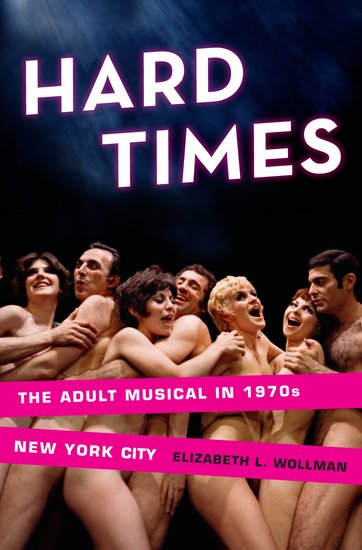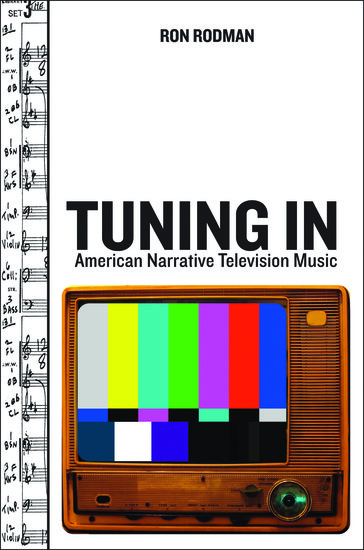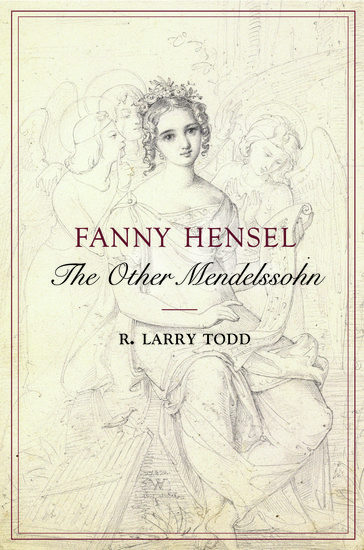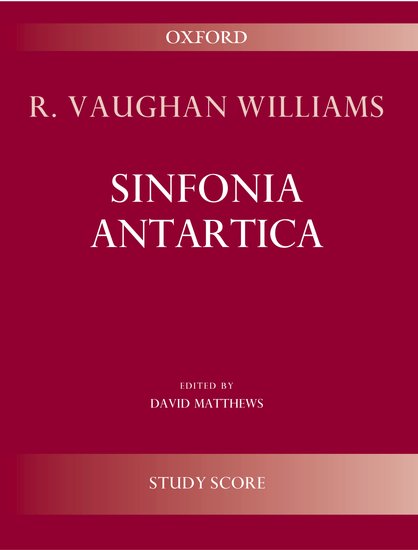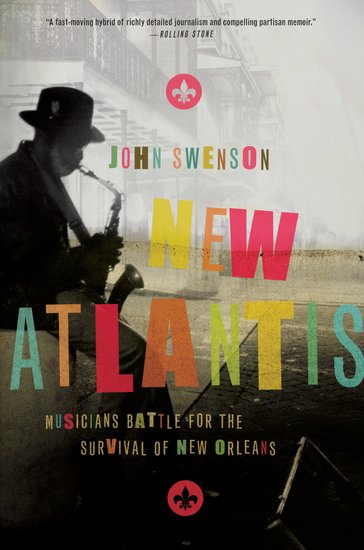In memoriam: Dave Brubeck
By Ted Gioia
I first met Dave Brubeck when I was in my twenties, and writing my book on West Coast jazz. Dave deeply impressed me, and not just as a musician. How many celebrities have a marriage that lasts 70 years? I think Dave is the only one. He was a very caring family man, a good dad and husband – never a given in the entertainment industry. He was a pioneer on civil rights, threatening to cancel concerts when faced with complaints about his integrated band.





